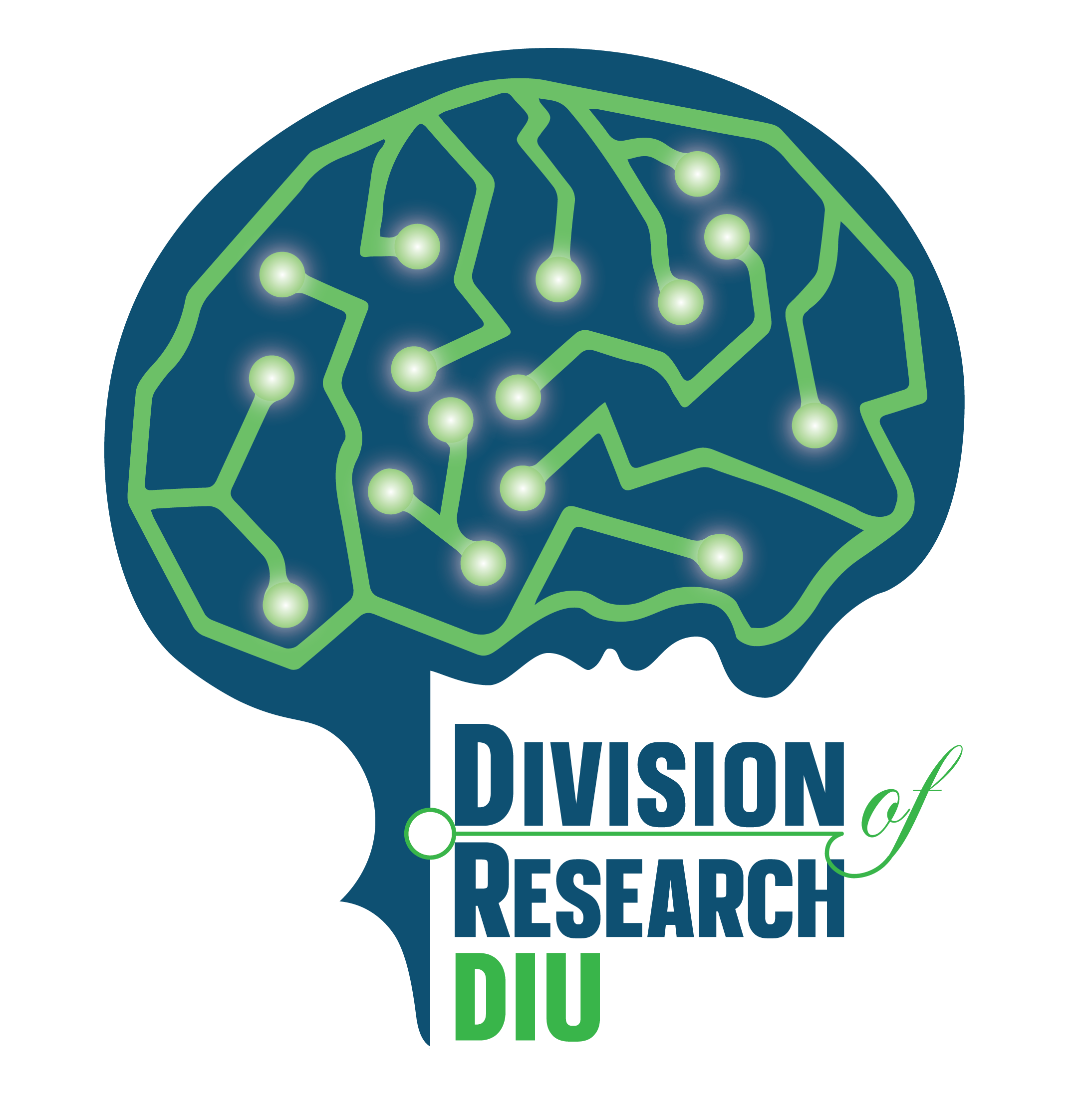Paper Details
- Title
- Exploring the Promise of Targeting Ubiquitin-Proteasome System to Combat Alzheimer’s Disease
- Author
- , Muniruddin Ahmed,
- drmuniruddin.ph@diu.edu.bd
- Abstract
-
The ubiquitin (Ub)-proteasome system (UPS) is considered as a central protein degradation system in all eukaryotes. The UPS comprises of several factors such as Ub and Ub-like molecules, Ub hydrolases, E3 Ub ligases, and the proteasome itself. Numerous studies have demonstrated that the dysfunction of UPS plays an essential role in the pathogenesis and progression of Alzheimer’s disease (AD). Furthermore, current evidence has suggested that the UPS components can be connected with the initial stage of AD that is characterized by synaptic dysfunction, and to the late phases of AD, marked by neurodegeneration. In AD patients, the accumulations of insoluble protein in the brain can be caused by overload or dysfunction of the UPS, or by conformational alterations in the protein substrates that prevent their degradation and recognition by the UPS. Synaptic dysfunction is also caused by defective proteolysis that has found in the initial stage in AD as the UPS is widely recognized to play a pivotal role in the regular activities of synapses. Conversely, its precise cause and pathogenesis are unclear. Presently accepted medicines for AD give symptomatic relief, though they are unable to stop the progression of the disease. Besides, the components of the cellular quality control system demonstrate a significant emphasis on the advancement of targeted and effective treatments for AD. In this review, we focus on the role of UPS in the pathogenesis of AD and highlight how the UPS-linked treatments influence in the management of AD.
- Keywords
- Journal or Conference Name
- Neurotoxicity Research
- Publication Year
- 2020
- Indexing
- scopus

